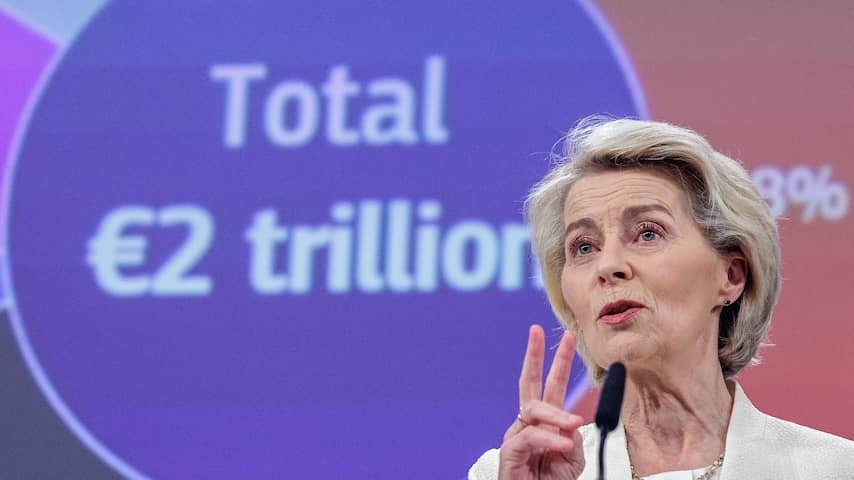 好的,以下是提取、翻译后的结果:
好的,以下是提取、翻译后的结果:
The current contribution from member states is not enough to finalize the future budget of the European Union. Therefore, the European Commission also wants to receive a portion of the tobacco excise and tax from large companies.
The cost picture grows from 1,200 billion to 2,000 billion euros, Euro Commissioner Piotr Serafin (Budget) said on Wednesday at the presentation of the proposal for the new multiannual budget (2028-2034).
That money comes partially from the EU countries. In recent years it has been about 1.1 percent of what the member states jointly earn. From 2028, that share will be 1.26 percent.
The Netherlands, among others, does not want to contribute more money to Brussels. Other sources of income are needed if the EU wants to keep the “national contributions stable,” said the President of the European Commission, Ursula von der Leyen.
To ensure other income, the Commission is looking at the national excise duties on tobacco. If part of that flows to Brussels, there will be more money to spend.
More money for border control and climate
Furthermore, there could be a tax on not recycling electrical waste. And large companies with a turnover above 100 million euros can also contribute money to the EU. With the new sources of income, the Commission hopes to add 58.5 billion euros to the annual budget.
The multiannual budget further states that expenditure on border control will be tripled. A third of the budget goes to climate and the protection of biodiversity. And there will be a pot of money for Ukraine with 100 billion euros.
300 billion euros will go to agriculture, which is less than now. In addition, 218 billion euros is intended for aid to lagging regions. And 410 billion euros will be put into a new fund to make the EU more competitive.
All EU countries must agree to the proposal. The European Parliament must also agree to the budget. Several Members of the European Parliament are responding dissatisfied. For example, the co-rapporteurs, who are responsible for the long-term budget, state that the budget needs to be raised further to properly address the EU’s problems.